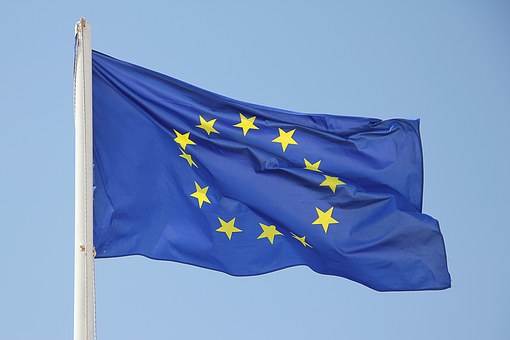 According to figures released by the Organisation for National Statistics (ONS), the UK economy contracted in the second quarter of 2019 by 0.2%. The contraction is the first suffered by the UK economy since Q4 2012 and comes at a very sensitive time for the Brexit process as the Johnson government becomes increasingly intent on leaving the EU with no deal and, therefore, no transitional period on 31st October 2019.
According to figures released by the Organisation for National Statistics (ONS), the UK economy contracted in the second quarter of 2019 by 0.2%. The contraction is the first suffered by the UK economy since Q4 2012 and comes at a very sensitive time for the Brexit process as the Johnson government becomes increasingly intent on leaving the EU with no deal and, therefore, no transitional period on 31st October 2019.
The new Chancellor of the Exchequer, Sajid Javid, claimed that he did not expect the UK economy to fall into recession in Q3, but gave no explicit reasons for his optimism – if there is a “no deal” Brexit, it falls in Q4 and is likely to cause significant reduction in growth in Q4 2019 and Q1 2020. Since the quarterly growth data is always relative to the previous quarter, a recession might be short-lived. A better indicator will be the size of the UK’s GDP, of course.
The Q2 figure came on the back of a stronger than expected Q1 performance which was credited to businesses stockpiling raw materials and goods in preparation for the original Brexit date of 29th March 2019. Whilst the May government frequently claimed that “no deal is better than a bad deal”, very few people believed that Mrs May would countenance leaving the EU under a chaotic exit; the current administration has no such qualms. Part of the contraction in the Q2 figure is due to the winding down of the materials stockpiled for the March exit (which was anticipated to have come with a deal and a transitional period).
There is mounting political activity designed to thwart the efforts of the government to leave the bloc without a deal. Opponents rightly point out that there is no mandate for such a scenario as Brexiteers assured the public that a vote to leave would be followed by a good deal with the EU which, they implied, would put the UK in a better situation than it currently enjoys. Many observers think that this will almost certainly involve a vote of no confidence in the Johnson government in early September, shortly after parliament reconvenes. Whilst any general election could not be held until after the Brexit deadline (and therefore, in the absence of Johnson asking the EU for an extension after a “no deal” exit), the fixed terms parliament acts grants a 14 day period for the formation of a new government which could win a majority. Increasingly, those opposed to a chaotic Brexit are pinning their hopes on the formation of a government of national unity amongst moderate MPs opposed to the economic and social risks of such an exit from the EU.
